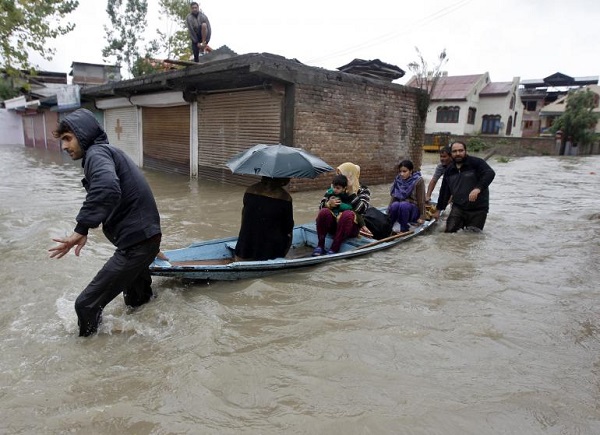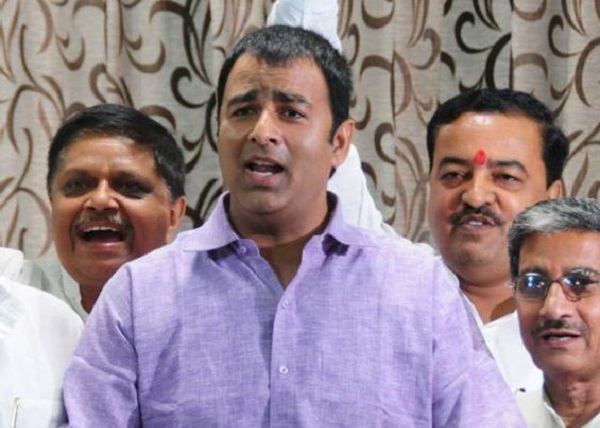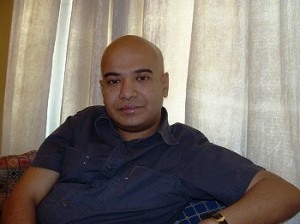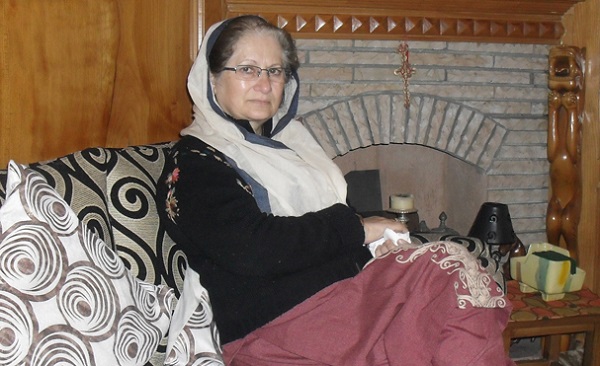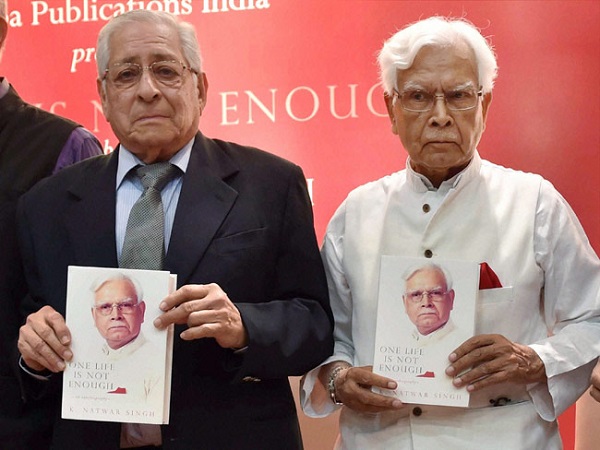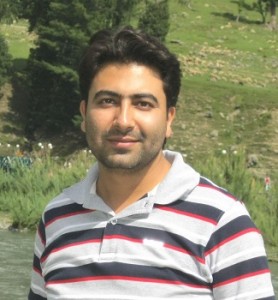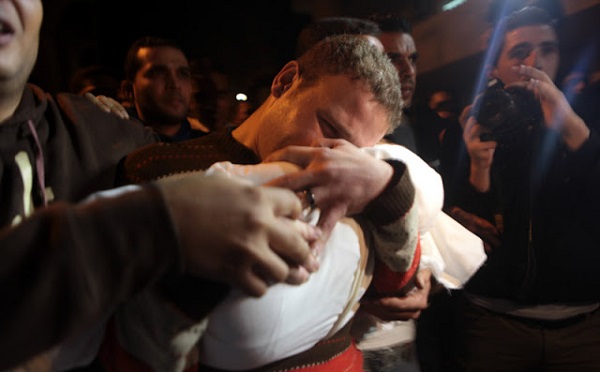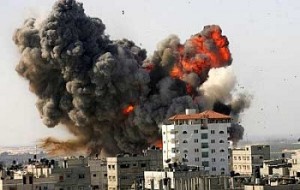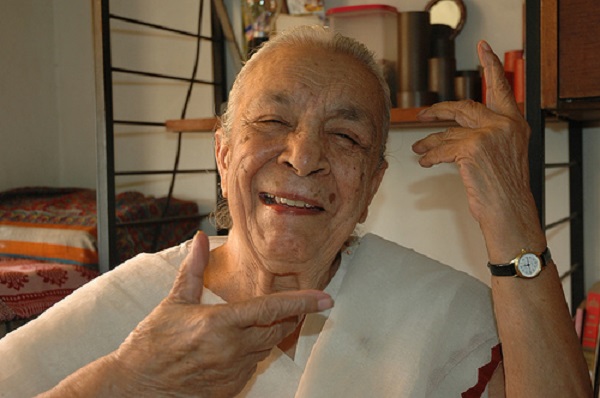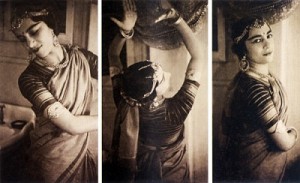What can we do to help the people in flood-hit Kashmir, before the temperature drops and reaching the area becomes next to impossible?
 by Humra Quraishi
by Humra Quraishi
This is one of the worst tragedies to have hit the Kashmir Valley and its adjoining districts. I’m sure all of us are pained to see the television shots of the hapless trapped populace struggling to survive against all odds.
I have been wondering about the fragility of modern techniques and technology. Of what use are our modern methods of connectivity and retrieval, when landlines and mobile phones are not working, when thousands of people are stranded, and when all the so-called sophisticated modern structures in the area could not withstand nature’s fury for even seconds.
At least people are trying to help. As humans, we need to reach out immediately, without waiting for our political leaders to take corrective action. I think doctors could travel in small groups and attend to survivors, civil society could rush volunteers and teams carrying tents, blankets, food packets, bottled water, medicines, clothes and whatever else they can spare.
Whatever happens, help must reach fast. It is now autumn in Kashmir, and within the next couple of weeks, temperatures are expected to fall and the situation will worsen.
Of course, it will take a long time for Kashmir to really bounce back, even come back to the way things were. For once the situation reaches a semblance of normalcy, the restoration process will take a really long time. Rescue teams and the authorities will face a daunting task – infrastructure will have to be restored, houses will have to be rebuilt, the homeless rehabilitated, the dead and missing accounted for, the sinking roads repaired, and above all, the mess and the rot that inevitably accompany floods will have to be tackled urgently.
Humra Quraishi is a senior political journalist based in Gurgaon. She is the author of Kashmir: The Untold Story and co-author of Simply Khushwant.
